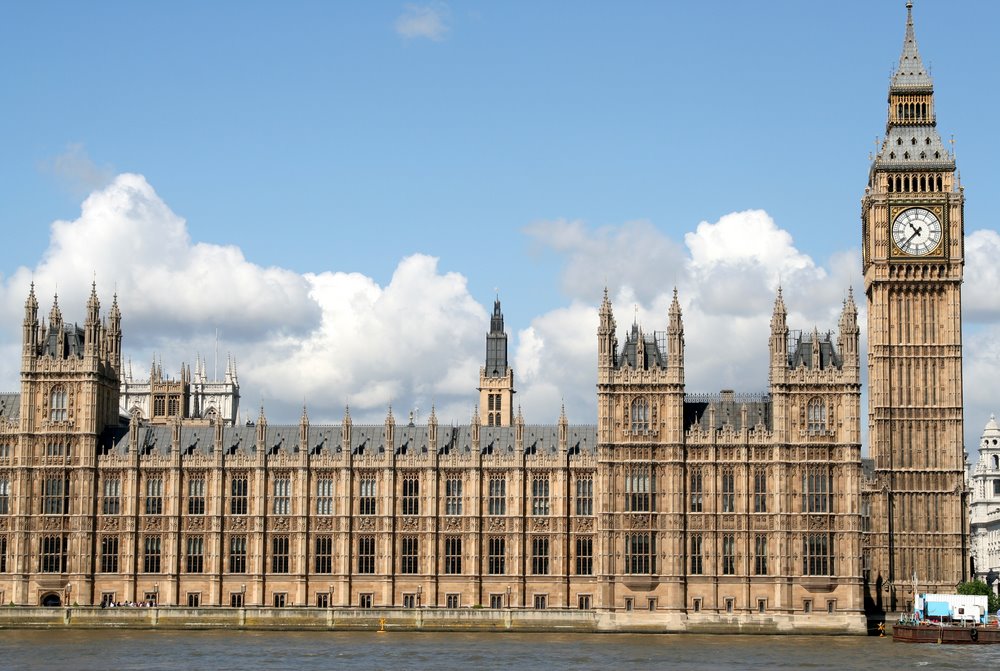The current rating lists in England and Wales came into force on 1 April 2017. Normally, revaluations take place every five years, but the Government had announced its intention to bring forward the next revaluation from 2022 to 2021, and had introduced the Non-Domestic Rating (Lists) Bill, to give effect to this.
The Bill was introduced before the Covid-19 pandemic, and was before the House of Lords when the current restrictions were introduced. There has been criticism of the plan to continue with a revaluation at a time when businesses are under financial strain, and when property values are affected by the effects of Covid-19 and the restrictions introduced to try to combat it. The Secretary of State has said: “We have listened to businesses and their concerns about the timing of the 2021 business rates revaluation and have acted to end that uncertainty by postponing the change. Now is the time for us to continue to focus on supporting businesses affected by the pandemic, including through our unprecedented package of almost £10 billion in business rates relief.”
The effect of this announcement is that current rating lists will remain in force, as originally intended, at least until 2022. Many ratepayers are benefitting from a 100% rate holiday for the current year as we have reported in these news pages. As matters now stand, these properties will revert to full liability from 1 April 2021, based on current rateable values.
The Government intends to continue with its “Fundamental review of business rates”, which we have also commented on in these news pages, and will be issuing a call for evidence for this review “in the coming months”.
The announcement relates to England only, but it would seem almost inevitable that Welsh Assembly Government will follow the lead of England. The next revaluation in Scotland was not due until 2022 in any event, and values have only just be revised in Northern Ireland.
The Government’s announcement is an understandable one, at a time when many businesses are struggling simply to survive, but recent changes have shown that, if anything, more frequent revaluations, rather than less frequent, are needed to reflect changes in the economy and in society. Ratepayers will now be focused, more than ever, on rates reliefs, and on possible appeals against current values, to reflect the effect of the pandemic. But they should not lose sight of the longer-term picture and make every effort to be heard when the Government’s fundamental review of business rates does call for evidence. The problems inherent in the rating system have not gone away as a result of this latest announcement.

